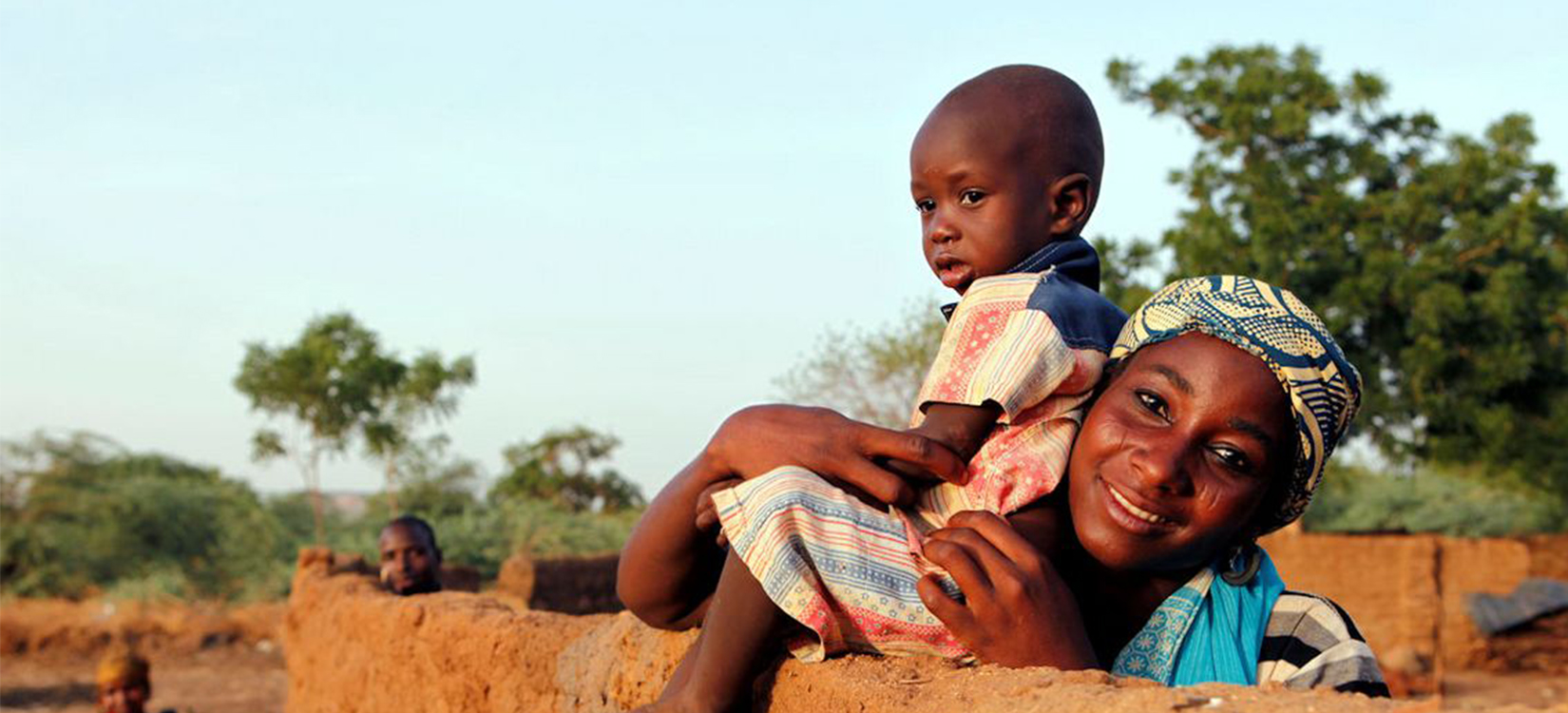Exacting Accountability
The Department of Environment and Natural Resources (DENR) Climate Change Office describes vulnerability as “the capacity to be wounded”. Others defined it as “the potential for loss “and as “the characteristics of a person or group and their situation that influence their capacity to anticipate, cope with, resist and recover from the impact of a natural hazard”.
Bankoff asserts that “vulnerable populations are those at risk, not simply because they are exposed to hazard, but as a result of marginality that make their life a ‘permanent emergency’.” Poverty is identified as “the primary contributor to social vulnerability, making the community less resilient to the hazard’s impact.”
In our archipelagic country, this “landscape of poverty and marginalization” rests on “one of the most hazardous landmasses to make disasters a frequent life experience.” It is accentuated when about twenty typhoons every year (equivalent to 25 percent of the total number of such events in the world), occur in the Philippines according to Wisner.
This phenomenon is once again seen through the flooding that hit Marikina City and other municipalities of Rizal and Quezon provinces. Deforestation in Sierra Madre remained unabated. For the environmentalists, “the 2004 mudslide in Infanta and Nakar, Quezon, was already a warning.”
Montalban is “the ground zero of quarry supplying aggregates to Metro Manila.”
On 14 November 2020, Ms. Mario Limos of Esquire Magazine narrated, “In September 2017, former Secretary Gina Lopez of the Department of Natural Resources and Environment (DENR) warned about how the Marikina Watershed needed immediate reforestation to protect Metro Manila from severe flooding.” She asserted that “it is important that we rehabilitate this watershed because it is the first line of defense of Marikina, Quezon City, Antipolo, Pasig, Cainta, San Mateo, etc., against rainwater surging from the uplands of Luzon.”
Through the years, this protected area shrunk in size because of land conversion. Land conversion is one of the neoliberal programs initiated by then Pres. Fidel V. Ramos and pursued until today. According to the DENR, “presidential fiats from 1904 to 1996 turned the Marikina Watershed lands into residential, commercial, and industrial areas, contrary to the to the intent of the EO 33 protect and preserve the area. The watershed has lost nearly a thousand hectares to land conversion, and parts of its are still vulnerable to illegal logging and quarrying.”
”The denuded Sierra Madre was not able to absorb the rainwaters of Typhoon Ulysses. Although Typhoon Ulysses was significantly weaker than Super Typhoon Rolly, the Sierra Madre was already saturated by rainwater before Ulysses came,” according to GMA News resident meteorologist Nathaniel Cruz.
Obviously, the culprit is the blind obedience of the past and current government to neoliberalism, making our natural resources as commodities for both foreign and local capital to exploit and trade.
The havoc brought by Typhoon Ulysses has again put the lives of the affected in greater danger. To-date, 67 people died, 21 are wounded, and 13 are still missing. Notwithstanding the extend of the damage, “the poor and marginalized have a low capacity to cope with a hazard and consequently, are highly vulnerable.” Our cities play host to urban poor families living in mobile carts (kariton), families occupying vacant tombs in cemeteries, living under bridges and clinging to dilapidated makeshift shanties along esteros.
Others have put forward developing resilience, meaning “the ability of individuals, communities, organizations and states to adapt to and recover from hazards, shocks or stresses without compromising long-term prospects for development.” There is a pending bill of creating the Department of Disaster Resilience (DDR). The government’s response to these devastating calamities are clearly directed to disaster management and resilience, but not a surgical approach to the structural roots causing such disasters. Such efforts become futile when the structural roots that cause man-made disasters are not confronted and altogether stopped.
The past and current regimes have been criminally negligent in safeguarding the lives of our people in crafting laws and executive orders that facilitate the wholesome destruction of our natural resources. Profits should not take precedence over the lives of the people. The past and current regimes should be held accountable together with the corporations and individuals responsible for exacerbating the effects of the natural disasters that hit the country.
Pres. Duterte has only trivialized the problem by simply saying that he wanted to swim with the victims, only he was not allowed.
Social workers are once more among the frontliners in the series of disaster management and rehabilitation work. We join the call for a critical review of policies, mechanisms, programs and services so that the roots of the issues are thoroughly addressed before the unprecedented loss and damage will be brought on by more disasters.



